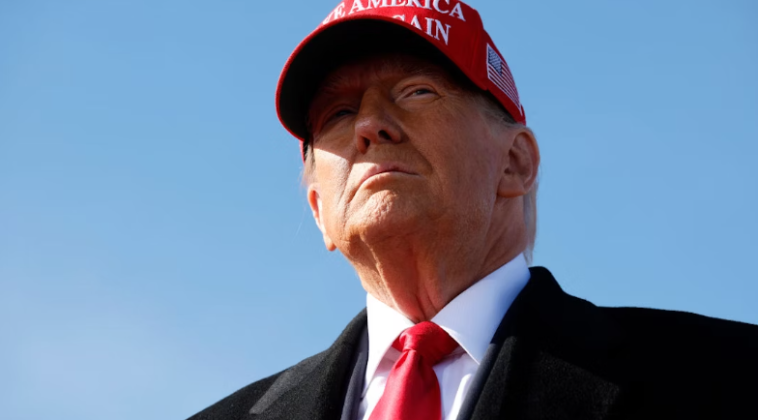President-elect Donald Trump has pledged to block the proposed $15 billion acquisition of U.S. Steel by Japan’s Nippon Steel, signaling a return to his administration’s hallmark “America First” policies. The deal, which would transfer ownership of the iconic American steelmaker to a foreign entity, has stirred controversy among lawmakers, labor unions, and industry leaders. Trump has vowed to strengthen domestic steel production through a combination of tax incentives and tariffs, rejecting the idea of foreign control over a key American industry.
In a statement on Truth Social, Trump emphasized his opposition to the sale, stating, “I am totally against the once great and powerful U.S. Steel being bought by a foreign company, in this case Nippon Steel of Japan.” He added, “Through a series of Tax Incentives and Tariffs, we will make U.S. Steel Strong and Great Again, and it will happen FAST! As President, I will block this deal from happening. Buyer Beware!!!”
Concerns Over Foreign Ownership and National Security
Nippon Steel’s proposed acquisition has faced heightened scrutiny due to national security concerns. The deal is currently under review by the Committee on Foreign Investment in the United States (CFIUS), a federal body responsible for assessing potential risks associated with foreign control of critical industries. Critics argue that allowing a foreign company to control U.S. Steel could pose risks to the nation’s infrastructure and defense sectors, where steel production plays a critical role.
The Japanese steelmaker has attempted to alleviate concerns by pledging significant investments in the U.S. economy. Nippon Steel has committed to injecting $2.7 billion into U.S. Steel’s unionized facilities, promising to safeguard thousands of American jobs and enhance technological advancements in steel production. Despite these assurances, the deal has drawn opposition from unions and conservative lawmakers who argue that American steel should remain under domestic control.
Trump’s Economic Plan for U.S. Steel
Trump’s opposition to the sale aligns with his broader economic strategy to reinvigorate American manufacturing. By leveraging tariffs and tax cuts, the president-elect aims to make U.S. Steel more competitive on the global stage. During his first term, Trump imposed sweeping tariffs on steel imports, a move he credited with stabilizing the domestic steel industry. His renewed focus on tariffs and incentives signals a continuation of that approach.
“Under my leadership, we will not allow our great American companies to be sold off to foreign interests,” Trump declared in a recent interview. “This is about protecting American jobs, American security, and American pride.”
Market and Political Reactions
Trump’s announcement has already impacted the stock market. Following his statements, U.S. Steel shares fell by 7% in premarket trading, reflecting investor uncertainty surrounding the acquisition. Politically, the issue has reignited debates over foreign investment and its impact on U.S. sovereignty.
Democrats and some moderates have expressed cautious support for a rigorous review of the deal, emphasizing the importance of protecting critical industries. However, Trump’s critics argue that his hardline stance may deter foreign investment and lead to retaliatory trade measures from Japan and other allies.
A Symbolic Fight Over American Industry
The controversy surrounding the Nippon Steel acquisition underscores broader concerns over the state of American industry. U.S. Steel, once a cornerstone of the nation’s industrial economy, has faced challenges in recent years, including competition from cheaper foreign imports and shifting global market dynamics. The debate over its future has become a symbolic battleground for Trump’s economic agenda.
As the January 20, 2025, inauguration approaches, stakeholders await CFIUS’s decision, which could either greenlight, block, or seek modifications to the deal. Trump’s firm opposition, combined with ongoing labor and national security concerns, suggests that the acquisition is far from a done deal. The outcome will likely set the tone for U.S. trade and manufacturing policy in the years ahead.


